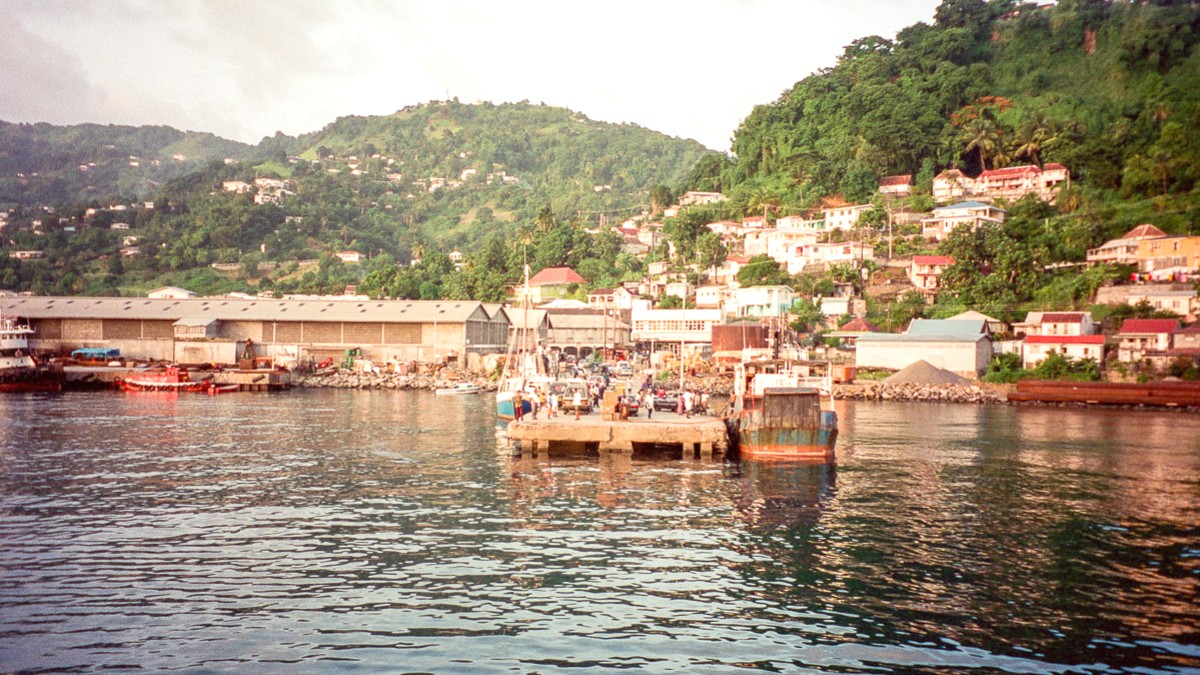
Grenada
This guide outlines your journey to Grenada’s enchanting sister isle, with calm and adventure awaiting you.
Numerous smaller islets and cays surround Carriacou, contributing to its nickname, "Land of Many Islands." These include well-known gems like Sandy Island, a tiny, uninhabited paradise with a spectacular beach and shallow reefs, perfect for snorkeling and picnicking. Saline Island, another nearby cay, presents a more remote experience.
These satellite islands easily accessible by short boat trips, expanding the scope for exploration, snorkeling, and secluded beach days. The geographic proximity of these cays makes Carriacou a perfect base for island-hopping adventures within the southern Grenadines. The clear, warm waters that encircle Carriacou support extensive coral reef systems, making it a dive and snorkel paradise.
Before European arrival, both Carib and Arawak peoples inhabited the island, utilizing its fertile lands and abundant marine resources. These early inhabitants lived in harmony with the island’s natural rhythms, leaving behind a testament to their resourcefulness and deep understanding of their environment. European colonization began in the 17th century with French settlement. The French established plantations for cotton and indigo cultivation.
British rule continued for over two centuries, with Carriacou serving as a quiet but productive part of the colonial empire. In 1974, Grenada gained independence from the United Kingdom, and Carriacou became a dependency of the newly independent nation. Despite this political integration, Carriacou maintains a distinct cultural identity.
Island ceded to British, initiating intensified plantation agriculture.
Profoundly shaped island demographics, culture, and social structures.
Enslaved people forged a strong community, preserving and adapting traditions.
Their legacy foundational to Carriacou’s unique identity.
Wooden boat building and "Big Drum Nation Dance" showcase unique character.
The Big Drum Nation Dance a powerful expression of Carriacou's African heritage. It intricate drumming, call-and-response singing, and dynamic dance movements, often performed at community gatherings and festivals. This tradition a living link to the island's past, celebrating ancestral roots and communal bonds.
A tradition with intricate drumming and call-and-response singing, connecting to African ancestral roots and communal bonds.
Centered in Windward, master artisans construct impressive wooden vessels using methods passed down through generations, a testament to the islanders' profound connection to the sea.
This blend of European and African influences, coupled with the enduring spirit of its people, gives Carriacou a rich and compelling historical narrative. It informs the island’s customs, its cuisine, and the warm, welcoming nature of its residents.
Carriacou, often affectionately called the "Land of Many Reefs" and the "Land of Many Islands," presents an experience built on tranquility, genuine cultural engagement, and natural splendor. This small island provides an unhurried atmosphere that invites deep relaxation and discovery.
Its allure a deliberate slowness, a stark contrast to the fast pace of modern life. This creates an environment where you truly unwind and immerse yourself in the local way of being.
Underwater ecosystems teem with diverse marine life, colorful fish, sea turtles, rays, and healthy coral formations. Water clarity for exceptional visibility.
Numerous beaches, from lively Tyrell Bay to secluded Anse La Roche and iconic Sandy Island. Unspoiled beauty for swimming, sunbathing, and quiet time.
World-renowned traditional wooden boat building in Windward. Cultural festivals like Carriacou Regatta (August) and Maroon Festival (late April) showcase island spirit.
The island’s economy relies heavily on tourism, fishing, and agriculture, all closely intertwined with its natural resources and cultural practices. This reliance fosters a strong sense of community and authenticity. The focus on supporting local industries a way tourism benefits the community directly.